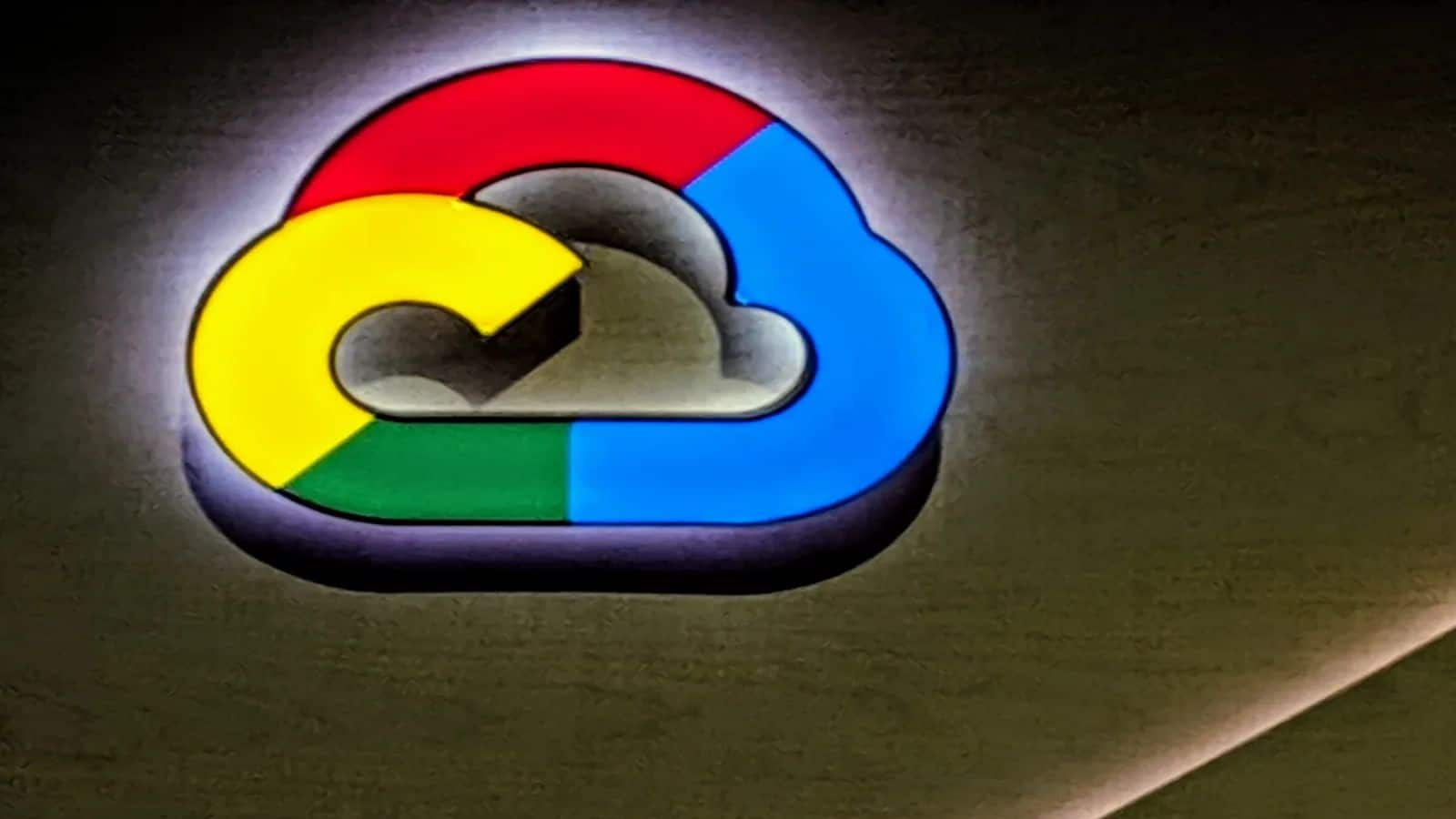
Google unveils open-source tools for AI development, monetizes Workspace add-ons
What's the story
US-based tech giant Google has announced the launch of a suite of open-source tools, aimed at enhancing the development and infrastructure of generative AI projects. The announcement was made at Cloud Next, one of Google's key annual developer events. The tools introduced at the event include MaxDiffusion, JetStream, and Optimum TPU. Google also announced an expansion of its MaxText collection.
Usage
Understanding MaxDiffusion and its functionality
MaxDiffusion, the first tool in Google's new suite, operates on XLA devices. XLA, or Accelerated Linear Algebra, is a method that enhances and accelerates certain AI tasks such as fine-tuning and serving. Devices that utilize Google's tensor processing units (TPUs) and recent NVIDIA GPUs are examples of XLA devices. This tool comprises various reference implementations of diffusion models.
Function
Introduction to JetStream and its capabilities
Alongside MaxDiffusion, Google has also introduced Jetstream, a platform designed to operate generative AI models, especially those that generate text. Currently, Jetstream only supports TPUs but plans are in place to incorporate GPU compatibility in the future. Google claims that Jetstream provides up to three times higher "performance per dollar" for models like Google's own Gemma 7B and Meta's Llama 2.
Statement
Google Cloud's take on new AI tools
Mark Lohmeyer, Google Cloud's GM of Compute and Machine Learning Infrastructure, shared his thoughts on the new tools in a blog post. He stated that there is a rising demand for a cost-efficient inference stack that delivers high performance, as buyers bring their AI workloads to production. Lohmeyer added, "JetStream helps with this need ... and includes optimizations for popular open models such as Llama 2 and Gemma."
Update
Expansion of Google's MaxText collection
Google has expanded its MaxText collection, which comprises text-generating AI models designed for TPUs and NVIDIA GPUs in the cloud. The updated MaxText comprises Gemma 7B, Llama 2, OpenAI's GPT-3 (predecessor to GPT-4), and models from AI start-up Mistral. "We've heavily optimized [the models'] performance on TPUs and also partnered closely with Nvidia to optimize performance on large GPU clusters," said Lohmeyer.
Partnership
Google's collaboration with Hugging Face
In a final move, Google has teamed up with AI start-up Hugging Face to develop Optimum TPU, a tool designed to simplify the use of certain AI tasks on TPUs. The goal is to make it easier for generative AI models, especially those that generate text, to be used on TPU hardware. Currently, Optimum TPU only works with Gemma 7B and doesn't support training generative models on TPUs. However, Google has pledged future enhancements.
Addition
Google introduces AI add-ons to Workspace suite
On a related note, Google is set to leverage AI technology by launching two new add-on packages for its Workspace productivity suite. Each package will be priced at $10 per user per month. This move mirrors Microsoft's strategy from last year of incorporating AI features into its software for an additional fee.
Meeting tool
AI tool for meetings and messaging
The first of Google's new enhancements is an AI tool designed specifically for meetings and messaging. This tool has the capability to take notes, summarize meetings, and translate content into multiple languages. "We're adding 52 new languages - including Filipino, Korean, you name it - to translate for Meet. Now this brings the total number of languages we support to 69," said Aparna Pappu, VP & GM at Google Workspace.
Safety
AI security package for Workspace
The second enhancement introduced by Google is an AI security package designed to strengthen the security of Workspace content. This package includes features such as file classification based on sensitivity levels, protection of confidential information, and customizable data loss prevention controls. This new addition aims to provide a more secure environment for users while handling sensitive data within the Workspace suite.
Information
Future plans for meeting add-on
Google has disclosed plans to further improve the AI-enhanced meeting add-on. Future updates include AI-generated custom backgrounds based on user descriptions, and enhancements in lighting, sound, and video quality using AI technology.